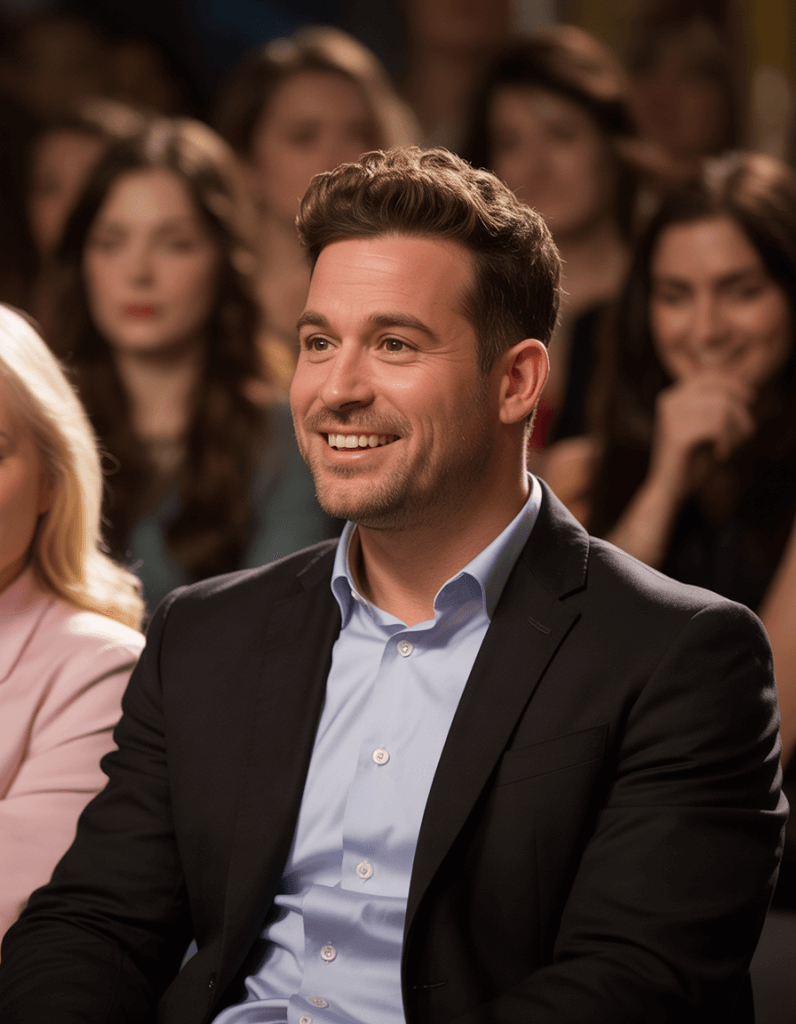A people pleaser in relationships often feels responsible for keeping others happy, even at the cost of their own needs. They fear conflict, disappointment, or rejection, so they try to make everyone around them feel good — even when it means ignoring their own feelings.
This pattern might even feel loving or selfless at first. But over time, it turns into emotional exhaustion. You give and give, but rarely get what you need in return. The balance fades, and your true self becomes hidden behind the role of the perfect partner.
Why People Pleasers Struggle in Relationships
People pleasers often grow up believing their worth depends on how well they meet others’ expectations. Pleasing people becomes a survival strategy — a way to avoid rejection and feel safe.
In a romantic relationship, this mindset can make you overextend yourself emotionally. You might feel like you’re walking on eggshells, constantly assuming what others want instead of expressing what you truly feel. The relationship becomes one-sided, filled with emotional labor and silent resentment.
You might even feel guilty when you finally say “no.” The flip side of being kind is losing your sense of self. People pleasers often don’t realize how much energy goes into keeping peace rather than creating connection.
The Hidden Emotional Cost of Pleasing Others
When you always prioritize others, you stop paying attention to your own needs. Over time, this can lead to anxiety, low self-worth, and feeling bitter. You might start wondering why love doesn’t feel good anymore, even though you’re doing everything “right.”
Many people pleasers say they’ve done far too much for someone else — always trying to make things work, while their partner gives less effort. The truth is, the emotional balance in any relationship should go both ways. When it doesn’t, resentment quietly replaces intimacy.
Signs You’re a People Pleaser in Relationships
- You avoid conflict even when something really bothers you.
- You apologize often, even for things you didn’t do.
- You feel anxious when others are upset with you.
- You overthink how your partner feels and what they might want.
- You rarely express your own needs or desires.
If these sound familiar, you’re not alone. People pleasers are kind-hearted and empathetic — but that same kindness can make them forget that their feelings matter too.
How to Stop People Pleasing and Start Healing
1. Recognize the Pattern
The first step is awareness. Admit that your need to please others has shaped the way you love and connect. You might even feel scared to stop — but acknowledging it is powerful.
2. Grenzen setzen
Boundaries aren’t walls; they’re bridges to healthy relationships. When you set them, you teach others how to treat you and protect your emotional energy. Saying “no” doesn’t make you unkind — it makes you real.
3. Reconnect With Your True Self
Ask yourself what you want, what makes you feel safe, and what you’ve been avoiding. This helps you reconnect with your inner needs instead of living for someone else’s approval.
4. Communicate Honestly
A strong relationship thrives on honesty. Express your feelings openly, even when it’s uncomfortable. Over time, this honesty replaces fear with trust.
5. Learn to Receive
If you’re always giving, you never get to experience the joy of being loved for who you are. Let others show up for you. Let love come your way — without earning it.
The Path Forward: Learning to Love Without Losing Yourself
Being a people pleaser doesn’t mean you’re broken. It means you learned, early in life, that love and approval were connected. The good news? You can unlearn that pattern.
When you start taking responsibility for your own happiness instead of everyone else’s, your relationships transform. You’ll attract people who value mutual respect and emotional balance.
Step by step, you’ll find a healthier way to love — one where your needs matter just as much as anyone else’s.













